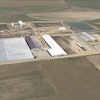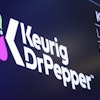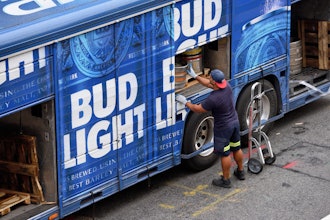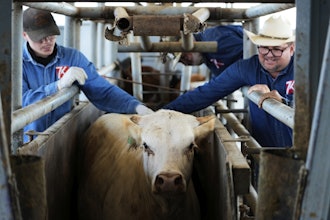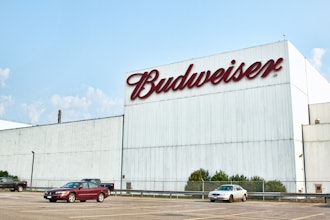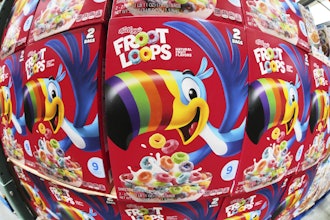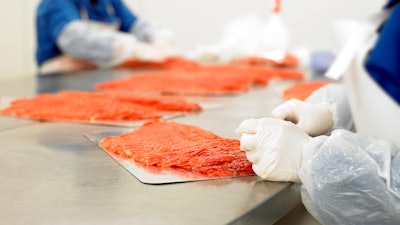
Aquaculture farmers will have access to a sustainable, plant-based source of long-chain omega-3 fatty acids for aquafeed, now that the USDA has deregulated Cargill's proprietary canola for cultivation in the United States. Currently, aquafeed for farm-raised salmon contains fish oil to help fish reach desired EPA and DHA omega-3 fatty acid levels.
By combining technology from BASF with its canola innovation capabilities and aquaculture expertise, Cargill is able to provide farmers access to Latitude™, a plant-based alternative that relieves harvesting pressure on wild fish populations, while meeting the market need for a reliable supply of long-chain omega-3s at a predictable price.
Cargill has been testing omega-3 canola varieties under permit in multiple locations in Montana since 2015, and with USDA deregulation, Cargill plans to advance the commercialization of its long-chain omega-3 canola trait in a tightly-managed closed loop supply chain. The USDA deregulation is an important step in the regulatory approval strategy for Cargill's new omega-3 canola.
BASF generated the data package and submitted the application for USDA regulatory approval of Cargill's proprietary long-chain omega-3 canola.


